In a high-stakes phone call that lasted more than two hours, former President Donald Trump and Russian President Vladimir Putin discussed the ongoing Russia-Ukraine conflict.
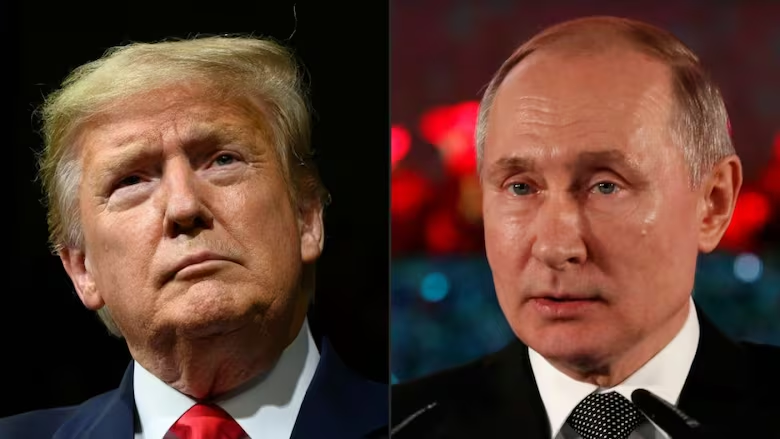
In a high-stakes phone call that lasted more than two hours, former President Donald Trump and Russian President Vladimir Putin discussed the ongoing Russia-Ukraine conflict, but failed to reach a ceasefire agreement. Although no immediate resolution was announced, the conversation has ignited speculation over potential diplomatic breakthroughs—and raised new questions about Trump’s evolving role in global peace talks.
Two Hours, No Deal—But Movement Toward Talks
The lengthy call, described by Trump as having an “excellent tone and spirit,” focused on initiating negotiations between Russia and Ukraine. While Putin did not commit to an immediate ceasefire, he expressed openness to developing a peace framework. Trump later confirmed that Ukraine and Russia would begin formal discussions aimed at ending the war.
Putin, speaking from Sochi, echoed the sentiment: “Russia is ready to propose a memorandum outlining principles and a timeline for a peace agreement.”
Trump’s Quiet Diplomacy Gains Momentum
Trump’s phone diplomacy did not end with Putin. He reportedly spoke with Ukrainian President Volodymyr Zelenskyy and multiple European leaders shortly after. The former president has described the war as a “catastrophic bloodbath” and has taken a direct approach, seeking to position himself as a key broker between the two sides.
In a social media post, Trump revealed that Putin expressed interest in large-scale trade with the United States once peace is secured—an economic angle that may influence negotiations.
Washington’s Patience Wearing Thin
Meanwhile, Vice President J.D. Vance and Secretary of State Marco Rubio have expressed growing frustration. “Peace talks are at an impasse,” said Vance before Monday’s calls. The Biden administration has signaled willingness to walk away from negotiations if no progress is made soon.
White House Press Secretary Karoline Leavitt reiterated that Trump is exploring all diplomatic options, but the U.S. remains wary of Russia’s intentions.
Europe Pressures Trump for Results
European leaders are watching Trump’s efforts closely. Should his outreach fail, they are prepared to demand stronger sanctions on Russian banking and energy sectors. At the same time, Zelenskyy continues to urge tougher action, telling leaders in Rome: “Pressure is needed until Moscow is ready to stop the war.”
On the Ground, the War Rages On
As diplomacy unfolds, violence continues. Over the weekend, Russia launched its most intense drone barrage since the start of the conflict. At least 11 civilians were killed. Despite growing international pressure, the Kremlin appears undeterred, with military operations grinding forward.
Putin remains confident. In a televised interview, he stated that Russia retains the military strength to meet its objectives, especially in contested Ukrainian territories.
Analysts Warn: Time Favors Moscow
Experts in Moscow believe that time may be on Russia’s side. According to Ivan Timofeev of the Russian International Affairs Council, sanctions have hurt but not crippled Russia’s economy. Meanwhile, military gains—however slow—continue to accumulate.
“If negotiations are delayed, Ukraine could find itself in a weaker position by next year,” Timofeev warned.
Conclusion: A Diplomatic Gamble in Motion
While Trump’s call with Putin failed to produce an immediate ceasefire, it has set the stage for potential diplomatic progress. Whether this marks a turning point or just another political maneuver remains to be seen. What’s clear is that Trump has re-entered the global stage—and all eyes are now on what he does next.

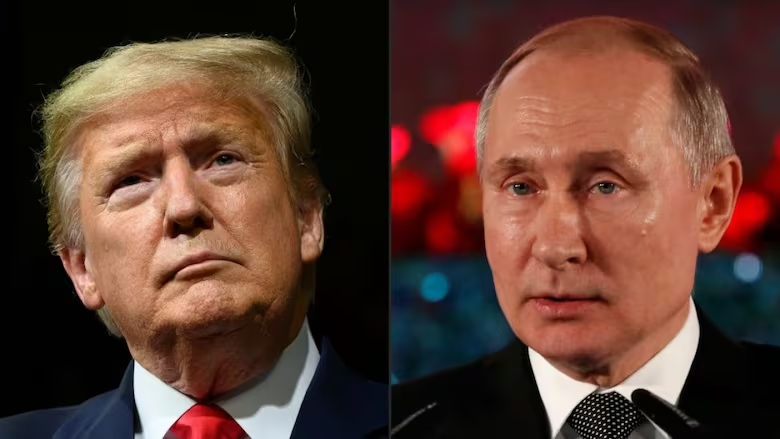




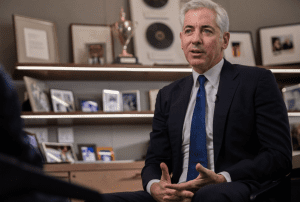
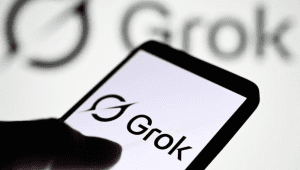
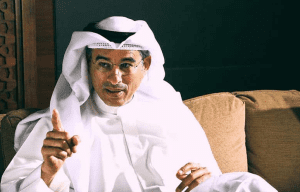

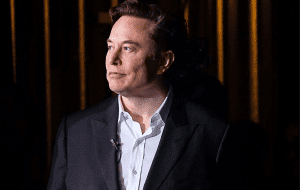






Comments are closed.